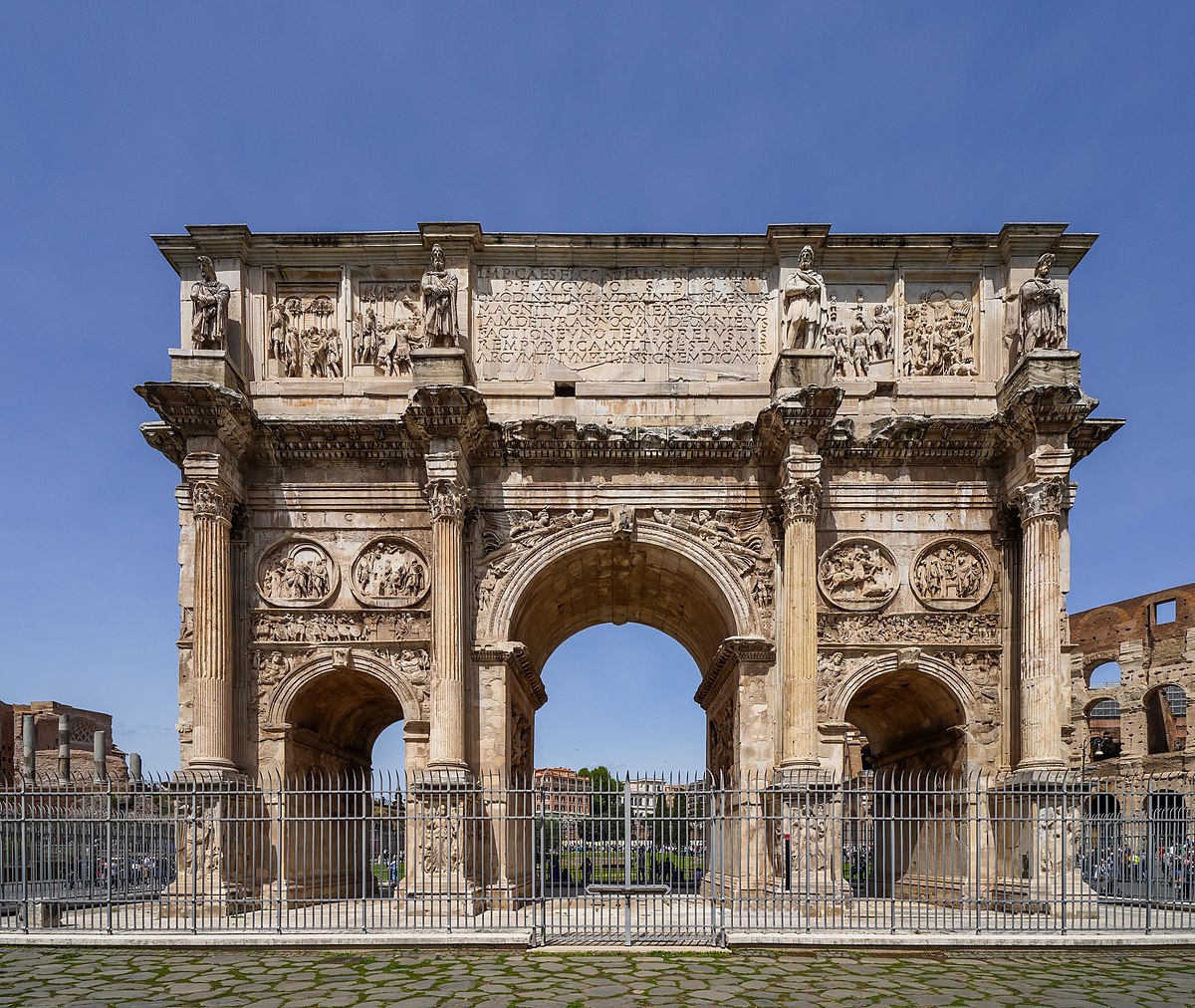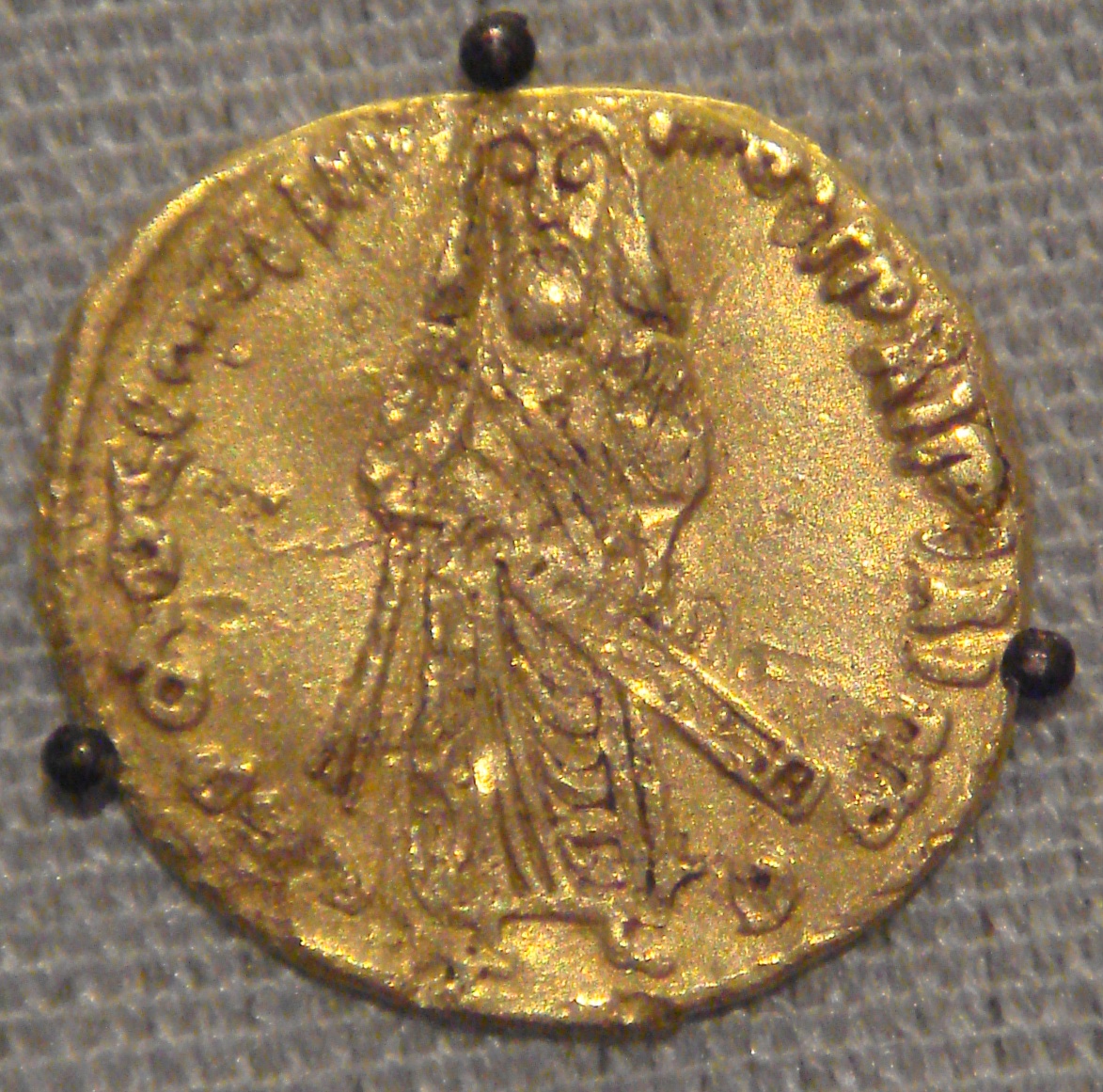Iconoclasm
Here's another, highly misunderstood, era of Christian history. The period after it became clear Islam wasn't a passing fad to the time leading up the the crusades, and an attempt to unify the east and western churches. (750 AD to about 850 AD).
The interesting bit is that wikipedia on this period is completely wrong. Or rather, describes the symptom. Not the cause.
The iconoclast debate was officially about how to interpret the second commandment. More specifically, were images of Jesus and Mary idolatry, and therefore forbidden.

en.wikipedia.org
Wikipedia presents the surviving church histories as an accurate representation of the debate, and it's made to be only about theological hair splitting. In reality it was... as it always is... power politics.
The way the Byzantines saw the world, if the armies of Rome (the Byzantines didn't call themselves "Byzantines", they called themselves "Roman") were successful in battle, then whatever theological position it's emperor had, must have been the one approved of by God. If there were natural disasters or a re-emergence of plague, then likewise, it was interpreted as disfavor by God. The emperors and ruling elite, knew this and played into it, Not only that, if any faction would lose a power struggle, they would later get slapped with whatever labels were currently out of favour, as well as accusations of debauched living (orgies, homosexuality and his wife was a slut).
The theological positions are more like sports shirts at a ball game, rather than any intellectual debate. But that’s the only thing that made it into the Wikipedia articles. Which makes the Christians of that era come across as hysterics splitting hairs on complete bullshit as their empire slowly crumbled. They didn't.
This was a politically unstable era. Anybody who managed to rise to the top obviously had a laser focus on playing the political game and outmaneuvering ones opponents. They would pick whatever ideological or theological team they thought would ally themselves with the most powerful support base.
The iconophile position won in the end. The reasons for this has nothing to do with the Bible or anything in theological. Just pure power politics.
A quick summary is that the Iconoclasts were allied to the Heraclian (userper) imperial dynasty, and the Iconophile position were allied to the old imperial order. Since Syria and the Levant were lost to the Arabs (at the same time Heraclius grabbed power), they stayed Iconophile. Since the Muslim Arabs picked the iconoclast position, their Christian subjects clung to iconophilia as a way to maintain a distinct identity. The Roman pope had no idea what the fuck the Byzantines were on about, since this is the period when the popes of Rome increasingly turned to the Frankish king support and for protection, rather than asking the increasingly dysfunctional Byzantine emperor for help. So this debate completely past the Roman pope by. As the Heraclian dynasty and their allies lost positions of power in Constantinople iconoclasm went out of fashion and history remembers them as debauched perverted monsters. Even though they must have been highly effective and conscientious rulers.
We take a look at the whole period of Iconoclasm as an introduction to this era. Period: 718-843 Download: Iconoclasm RSS Feed: The History of Byzantium If you want to send in feedback to the podca…

thehistoryofbyzantium.com

en.wikipedia.org










